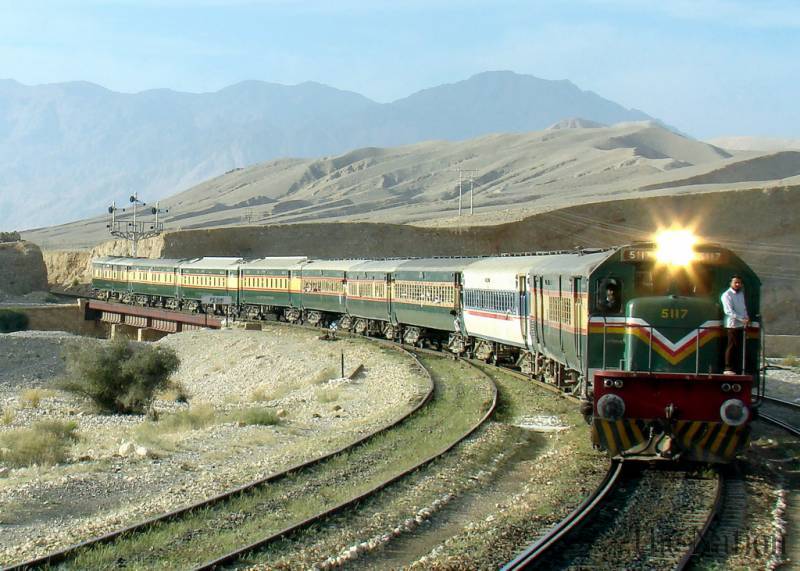“Attention please! Shalimar Express is ready to leave Platform Number 2…” The soft female voice pushed me into the real world. Along with me, many others approached and caught the train, before it whistled to leave. Since it was already two hours late, no one dared to waste more time.
After a while, the train buzzed with a huge whistle and moved ahead slowly. Now the train was catching speed and moving forward. Meanwhile, my mind was lost in another memorable journey back in 2011 in India, from New Delhi to Saharanpur. Although it was my family trip to my maternal relatives’ place, but it also gave me a chance to visit a neighboring country with whom Pakistan has had a number of clashes since its inception.
Pakistan and India got independence from Great Britain, but there is a prodigious difference in infrastructure and development in both countries, not only in locomotion but also in other state institutes. It might be in vain to say that Pakistan did not get its share after Partition.
After 69 years, where does Pakistan stand? In this 69-year long journey, Pakistan learned to survive in miserable conditions. In those despondent conditions Pakistan developed and reshaped institutions.
India that got independence with us and faced worse poverty came up with a system to facilitate masses. In the field of locomotion, Pakistan was blessed that the great masters (the gora sarkar) gave us a highly upgraded system of that time, in terms of rail network. The first railway track was constructed in the western part of the subcontinent, from Karachi to Koteri, after Karachi’s upgradation as a seaport city.
Pakistan Railways, with a mission statement to provide a competitive, safe, reliable, market orientated, efficient and environment friendly mode of transportation, is dangerous because of old tracks and ancient bridges. There are 13,841 bridges including 532 major and 13,309 minor spread out over the system. Surprisingly almost all of the bridges were constructed when the railway system was introduced in the subcontinent in 1870. According to year book 2013-14, Pakistan Railways repaired and rehabilitated bridges in different phases due to flood damage at the anticipated cost of 1,432 million rupees.
If it is said that in the past Pakistan Railways has been the most neglected department of Government of Pakistan then it would not be wrong. At the time of Partition, double tracks at the main line were only present on Karachi-Lodhran and Lahore-Raiwind sections. After 56 years, doubling of track from Lodhran to Khanewal via Multan commenced in 2003, which was opened for traffic on 2007.
According to the two-year performance report of Pakistan Railways, Khanewal-Raiwind doubling of track completed at the end of 2015. The minister for Railways proudly stated that condition of PR is getting better day by day. In actuality, PR is touching skies just in papers.
According to reports in years 2013-14 and 2014-15, Pakistan Railways earned 23 billion and 32 billion rupees whereas the net deficit was 33.5 billion and 37 billion in respective years. On the other hand, according to Indian Ministry of Railway they collect 1634.5 billion rupees in shape of revenue in fiscal year 2014-15, in which they collect 157.8 billion in shape of profit.
Pakistan Railways is a public body, which neglected its commercial perspective resulting in lasting damage. Railways all over the world is considered as the cheapest mode of transportation. But in Pakistan, it is made difficult due to expensive fares, lack of punctuality and uneasy journeys. Theft of rail tracks, engines and particular parts have been commonplace for decades. According to BBC reports, Senate’s standing committee on Railways of Senate, has investigated many a time over missing belongings of railways and every time they disclose that the missing stuff was sold at very cheap rates in scrap markets.
Rivals are not just for hyper-nationalist face-offs, honorable nations also try to learn development keys from those ahead of them. Mere political and jingoistic rhetoric is not enough for prosperity and success.






